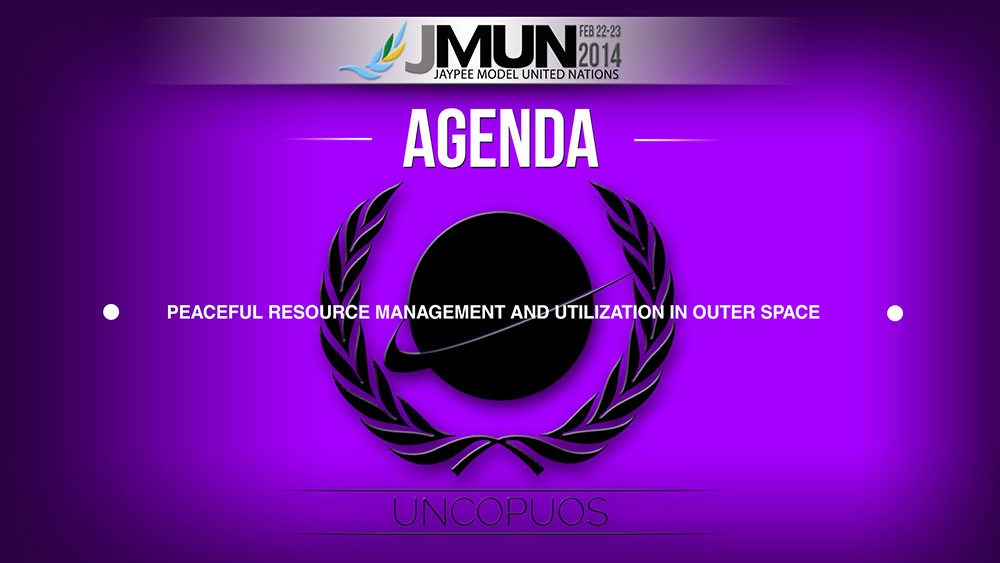 In 1958, shortly after the launching of the first artificial satellite, the General Assembly decided to establish an ad hoc Committee on the Peaceful Uses of Outer Space (resolution 1348 (XIII)), with 18 members, in order to consider:
In 1958, shortly after the launching of the first artificial satellite, the General Assembly decided to establish an ad hoc Committee on the Peaceful Uses of Outer Space (resolution 1348 (XIII)), with 18 members, in order to consider:
In 1959, the General Assembly established the Committee as a permanent body and reaffirmed its mandate in resolution 1472 (XIV). In 1961, the General Assembly, considering that the United Nations should provide a focal point international cooperation in the peaceful exploration and use of outer space, requested the Committee, in cooperation with the Secretary-General and making full use of the functions and resources of the Secretariat.
The resolution also requested the Secretary-General to maintain a public registry of launchings based on the information supplied by States launching objects into orbit or beyond (resolution 1721(XVI)).
Those terms of reference have since provided the general guidance for the activities of the Committee in promoting international cooperation in the peaceful uses and exploration of outer space.
In 1959, the Committee had 24 members. Since then it has grown to 74 members - one of the largest Committees in the United Nations. In addition to States a number of international organizations, including both intergovernmental and non-governmental organizations, have observer status with COPUOS and its Subcommittees.
COPUOS oversees the implementation of five UN treaties and agreements relating to activities in outer space:
The Treaty on Principles Governing the Activities of States in the Exploration and Use of Outer Space, including the Moon and Other Celestial Bodies.
The Agreement on the Rescue of Astronauts, the Return of Astronauts and the Return of Objects Launched into Outer Space
The Convention on International Liability for Damage Caused by Space Objects
The Convention on Registration of Objects Launched into Outer Space
The Agreement Governing the Activities of States on the Moon and Other Celestial Bodies